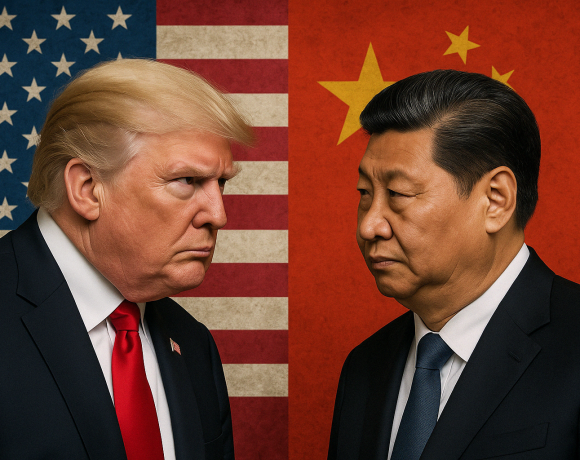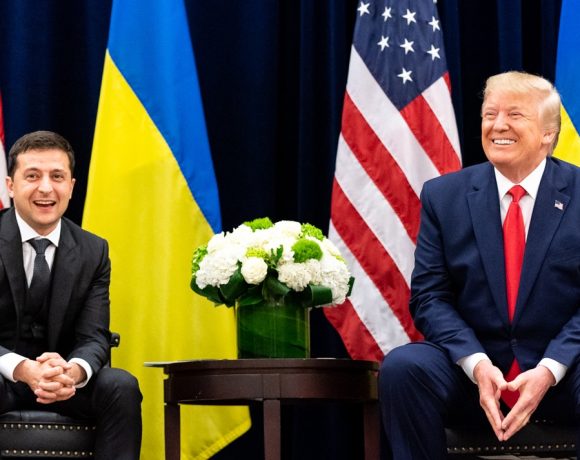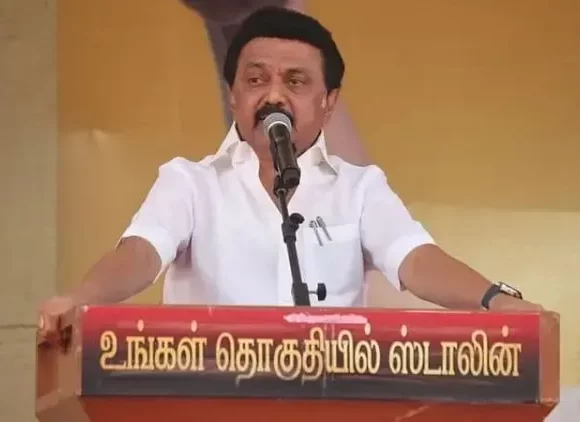
Celebi Aviation Faces Heat Over India-Pakistan Tensions
In the aftermath of rising hostilities between India and Pakistan, Turkish ground-handling firm Çelebi Aviation is facing intense scrutiny and backlash in India due to Turkey’s perceived alignment with Pakistan. Political groups, trade bodies, and sections of the public have demanded the removal of Çelebi from key Indian airports, citing serious national security concerns.
Çelebi Aviation’s India Presence
Çelebi Aviation has been operating in India since 2008, providing ground-handling services and cargo management at major airports including Delhi, Mumbai, Bangalore, and Chennai. The firm handles over 58,000 flights and 540,000 tons of cargo annually, and controls approximately 70% of the ground operations at Mumbai’s Chhatrapati Shivaji Maharaj International Airport.
Political and Public Pressure
The situation escalated when Shiv Sena issued a 10-day ultimatum to Mumbai International Airport Limited (MIAL), demanding the immediate severance of its partnership with Çelebi. Party leaders accused the firm of representing a hostile state and warned that allowing it to operate in sensitive zones of Indian airports posed a threat to national security.
The outrage has not been limited to political corridors. Several trade unions and civil society groups have begun informal boycotts of Turkish businesses, reflecting wider public anger over Turkey’s alleged military support to Pakistan. Reports of Turkey supplying drones and combat equipment, suspected to be used against Indian targets, have further inflamed tensions.
Economic Fallout and Travel Disruptions
The repercussions are now visible in the tourism and import sectors. Travel agencies have reported a steep decline in bookings to Turkey and Azerbaijan, with some witnessing up to a 250% increase in cancellations. Industries reliant on Turkish imports—such as marble traders and fruit distributors—have begun lobbying for import restrictions, urging a switch to domestic or alternative foreign suppliers.
Government’s Silence Amid Growing Tensions
While the Indian government has not made an official statement regarding Çelebi’s future in India, the rising tide of public and political opinion may soon force a policy review. The matter has highlighted the vulnerability of allowing foreign entities from politically adversarial nations to operate in sensitive infrastructure sectors.
This episode underscores how geopolitical alignments are increasingly shaping economic and corporate decisions, especially in sectors directly tied to national security and sovereignty.


















